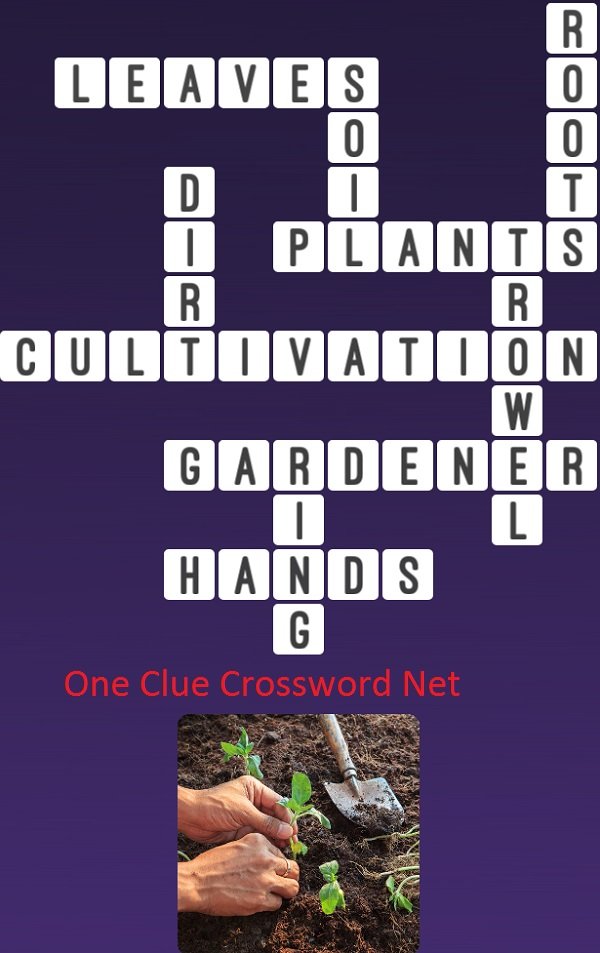

Yeah, that - that reminds me of something Will Wang(ph), who was one of my predecessors at the Times - he was crossword editor from 1969 to '77, had a great sense of humor.Īnyway, he once remarked he considered himself the DA of crosswords. It helps to know the mind of the crossword puzzle editor too. You know, if there's a crossing of two things you don't know, you're probably able to make a fairly educated guess what that letter is, just from your knowledge of how language works.ĬONAN: And how puzzles work. And I know, Neil, you're a regular crossword doer. It helps to have just a grab-bag of knowledge.īut you know, even if you don't know everything, you can usually figure it out from what makes sense. You have to know, you know, the old-fashioned stuff that you learned in school, you know, geography and history and literature and opera, and you have to know modern pop culture, from TV, movies, rock 'n' roll, and you have to know older pop culture too, older movies and songs. SHORTZ: Yeah, you have to know - with modern American crosswords, you have to know a lot of stuff. It's not going to help you, patterns aren't going to help you if you don't know it. You know, being able to solve a difficult crossword, it involves an ability to quickly synthesize a lot of different information together, and it also involves pattern recognition, which is, I think, goes together with math and music.ĬONAN: It's some of that, but there are also just dumb facts that you need know, capital of Kyrgyzstan or something like that. They're just good at solving them.ĬONAN: And some of the top solvers are also good at math and music. Otherwise they're just - no, they don't make puzzles. There's, I don't know, there's a constructor in Boston that I know of who's one of the top constructors, and he says he's not very good at solving puzzles at all.Īnd I know out of the top 10, say, American crossword solvers, there's two or three, maybe four, who are good constructors. Creating puzzles, that's a different skill altogether.ĬONAN: And the - one - that you're a good constructor does not necessarily make you a good solver. I think to be a good solver, well, you have to be smart, but just because you're smart doesn't mean you're going to be a good solver. SHORTZ: Constructors and solvers? They are different kinds of minds. Do you think their brains work the same way? As the editor, you're the interface between constructors, people who design the puzzles, and the solvers, people who take out their pens and pencils. WILL SHORTZ (New York Times Crossword Puzzle Editor): Hi, Neal, nice to talk to you again.ĬONAN: Good to talk to you. His day job is crossword editor for the New York Times, and he's edited a special Science Times puzzle that ran in yesterday's puzzle edition, and he joins us from his home in New York. You hear him Sunday mornings on WEEKEND EDITION. You know Will Shortz as NPR's Puzzlemaster.

Later in the hour, Amnesty International turns 50. Email us, You can also join the conversation on our website. Whatever your puzzle: What helps your brain to solve it? Is it analysis or insight, a quiet room or a crowded subway car? Give us a call, 80.

And researchers are at work on the science of puzzles, how we come to those a-ha moments, ways the brain works to solve these problems, why some can finish a difficult crossword in five minutes while the rest of us take a little longer, and why so many of us love puzzles.Īnd we want to hear from crossword, Sudoku, anagram fanatics. We solve them to stay sharp, or at least we think we do. We solve these puzzles for fun, sometimes to win. The front page of yesterday's Science Times section in the New York Times described a phenomenon that threatens to become a craze: crosswords, Sudoku, KenKen, Scrabble, riddles.


 0 kommentar(er)
0 kommentar(er)
